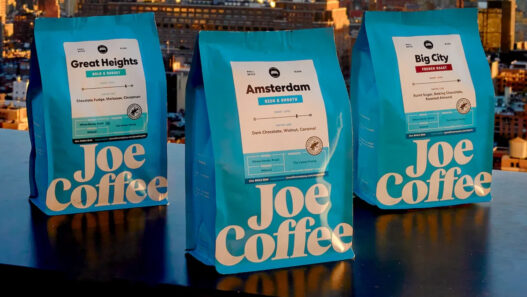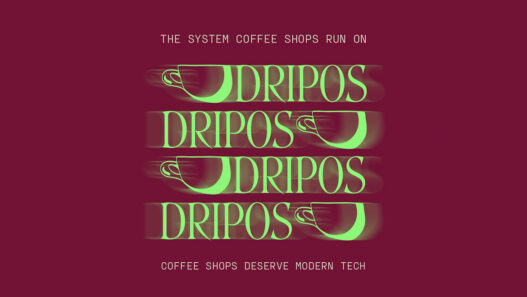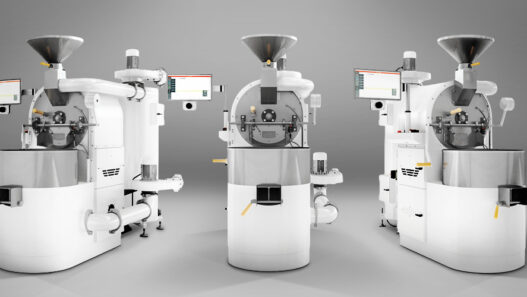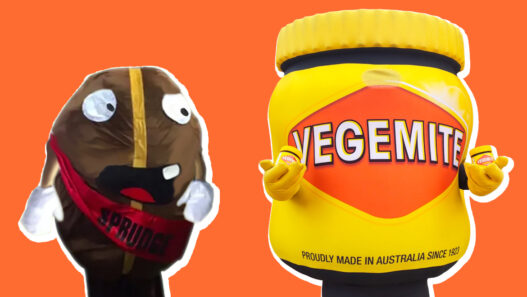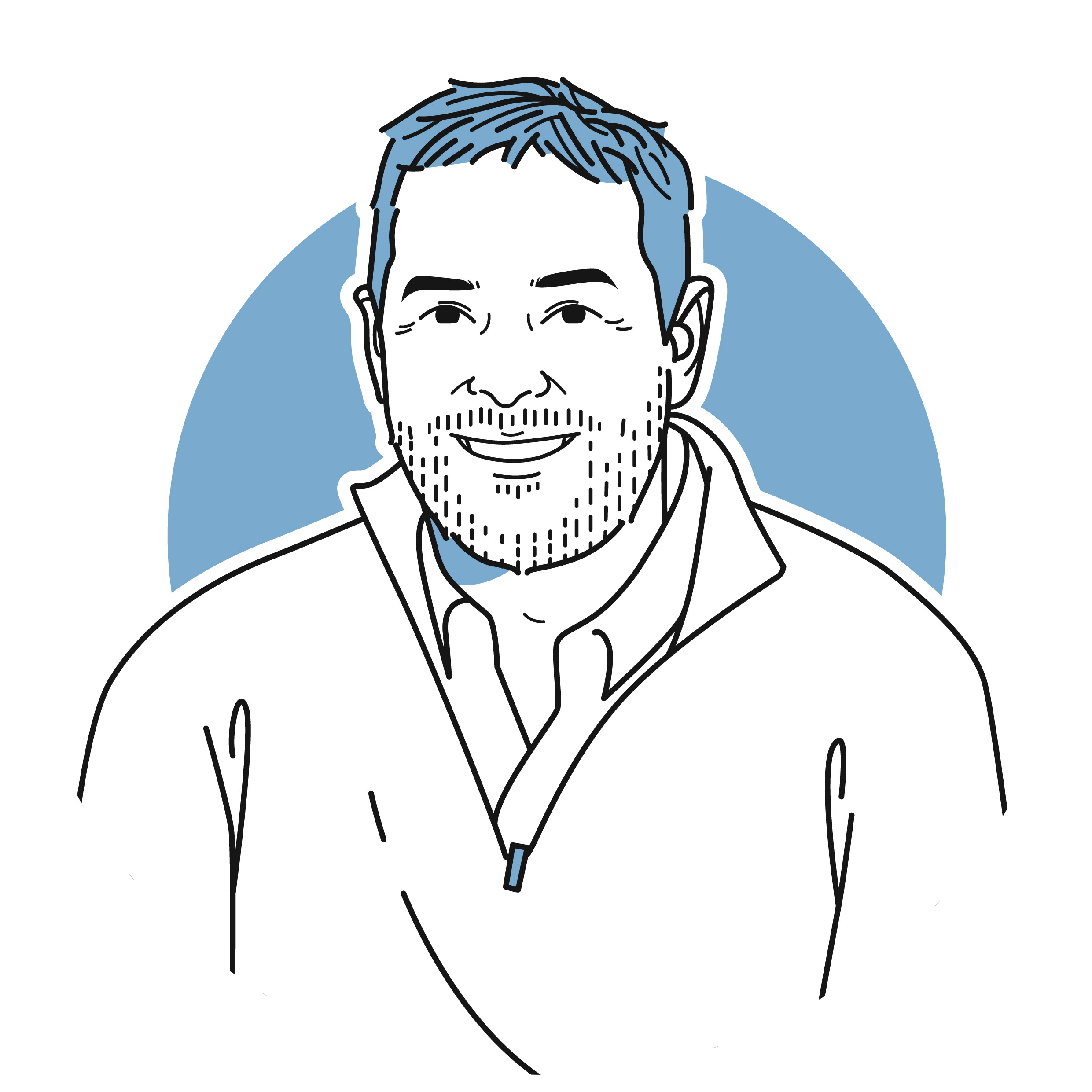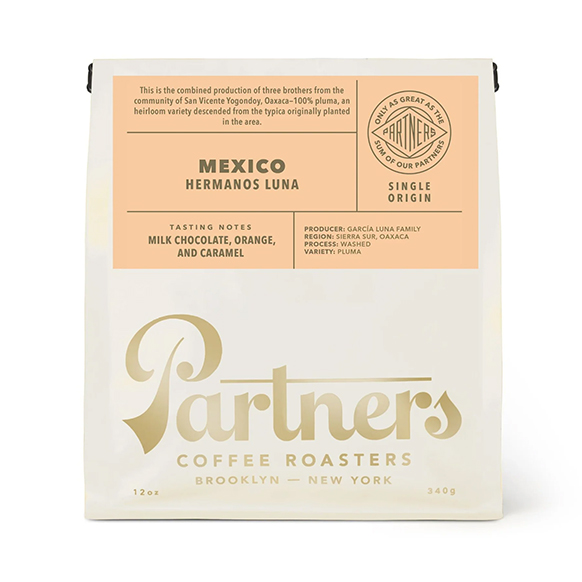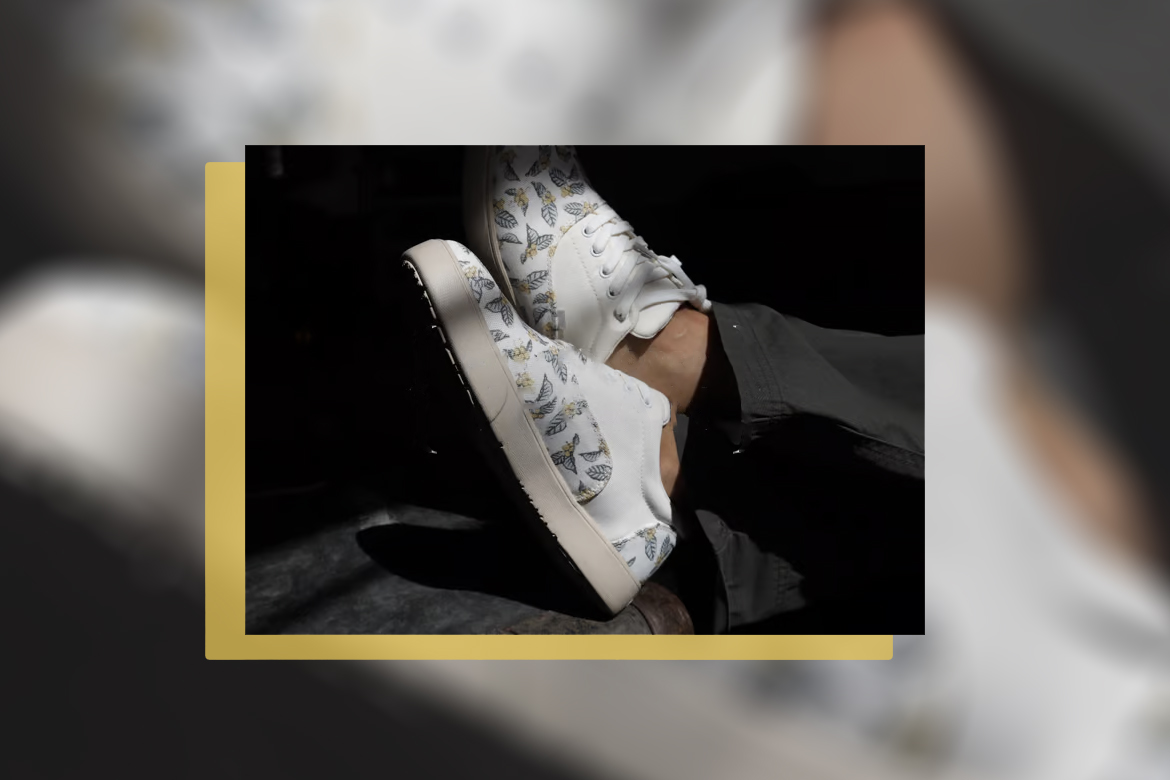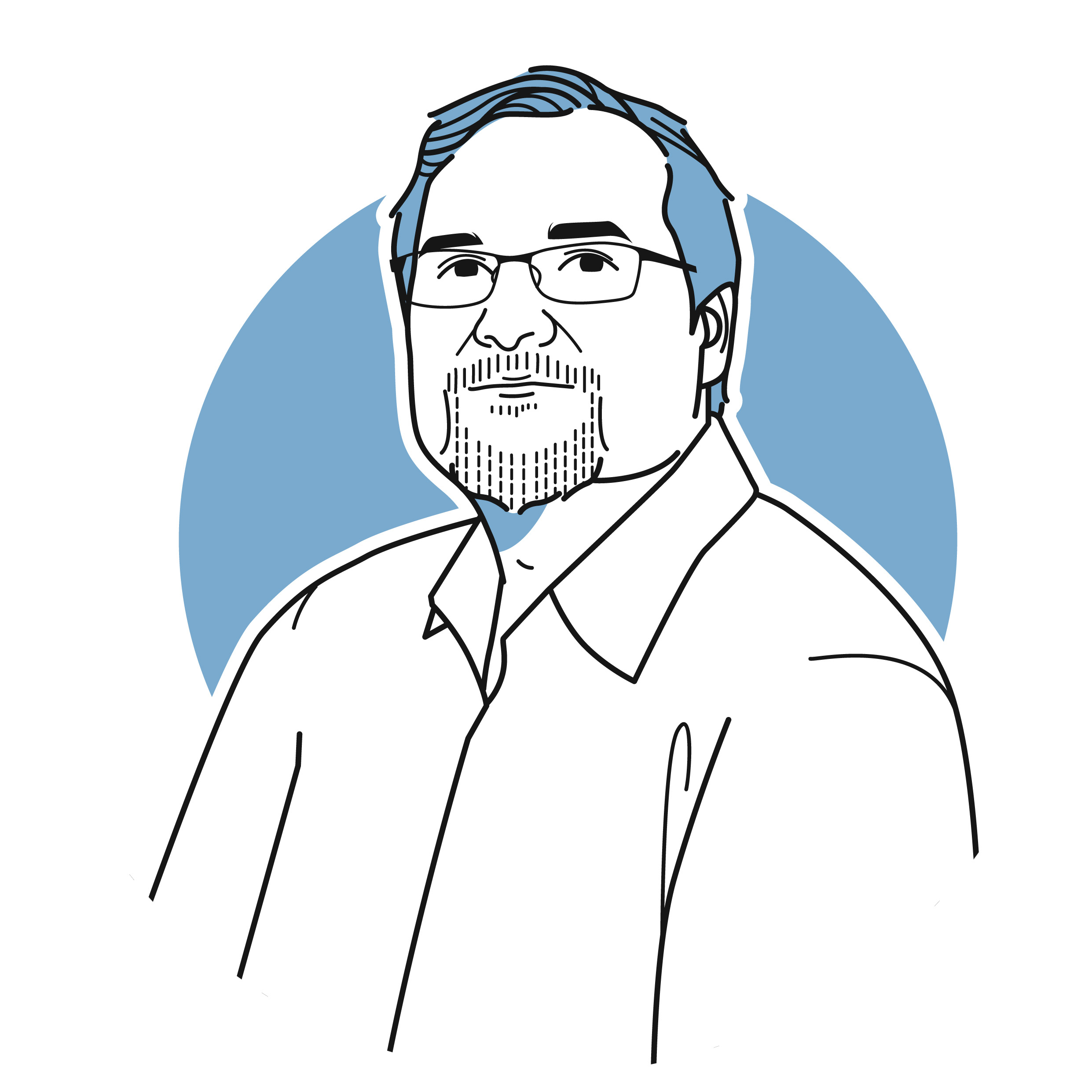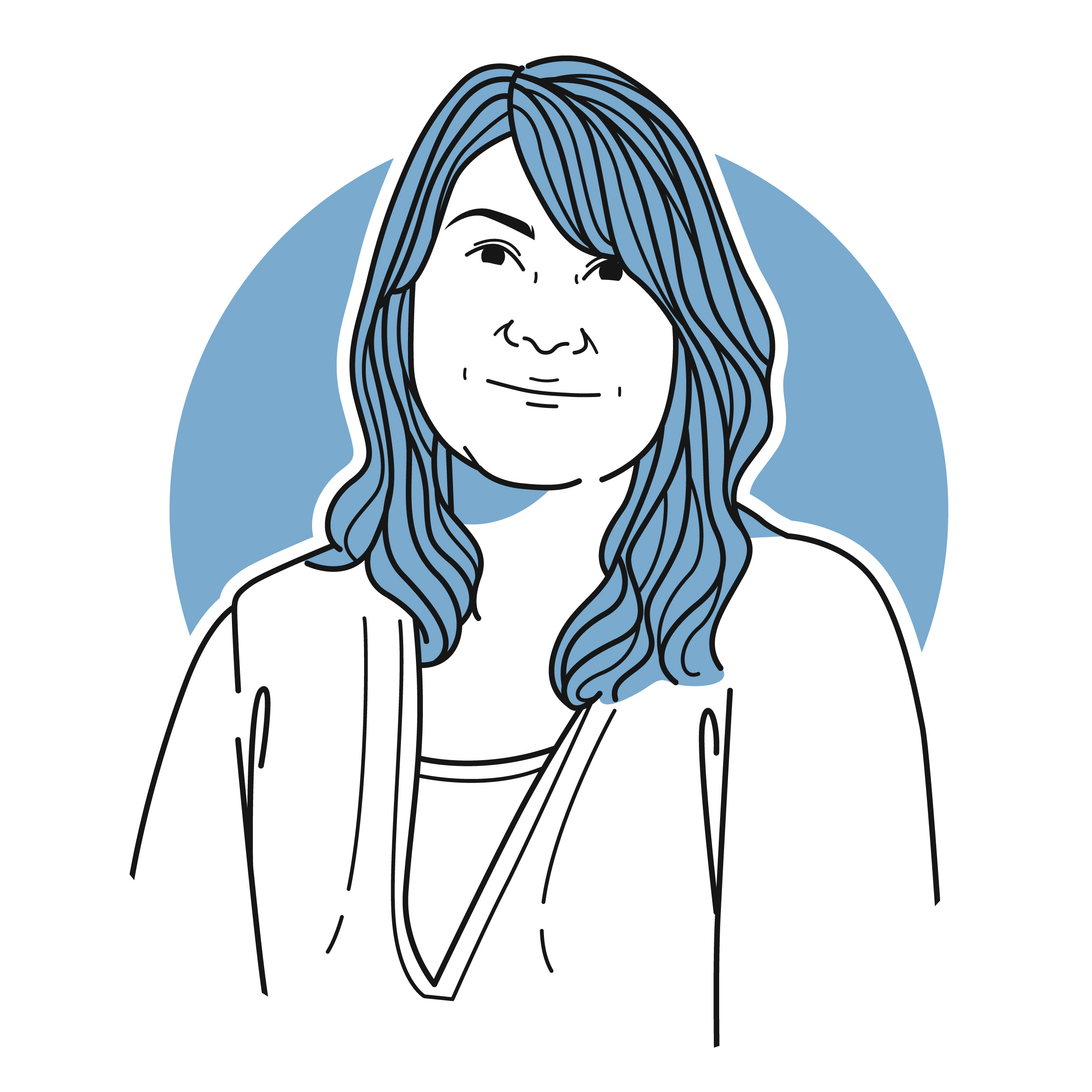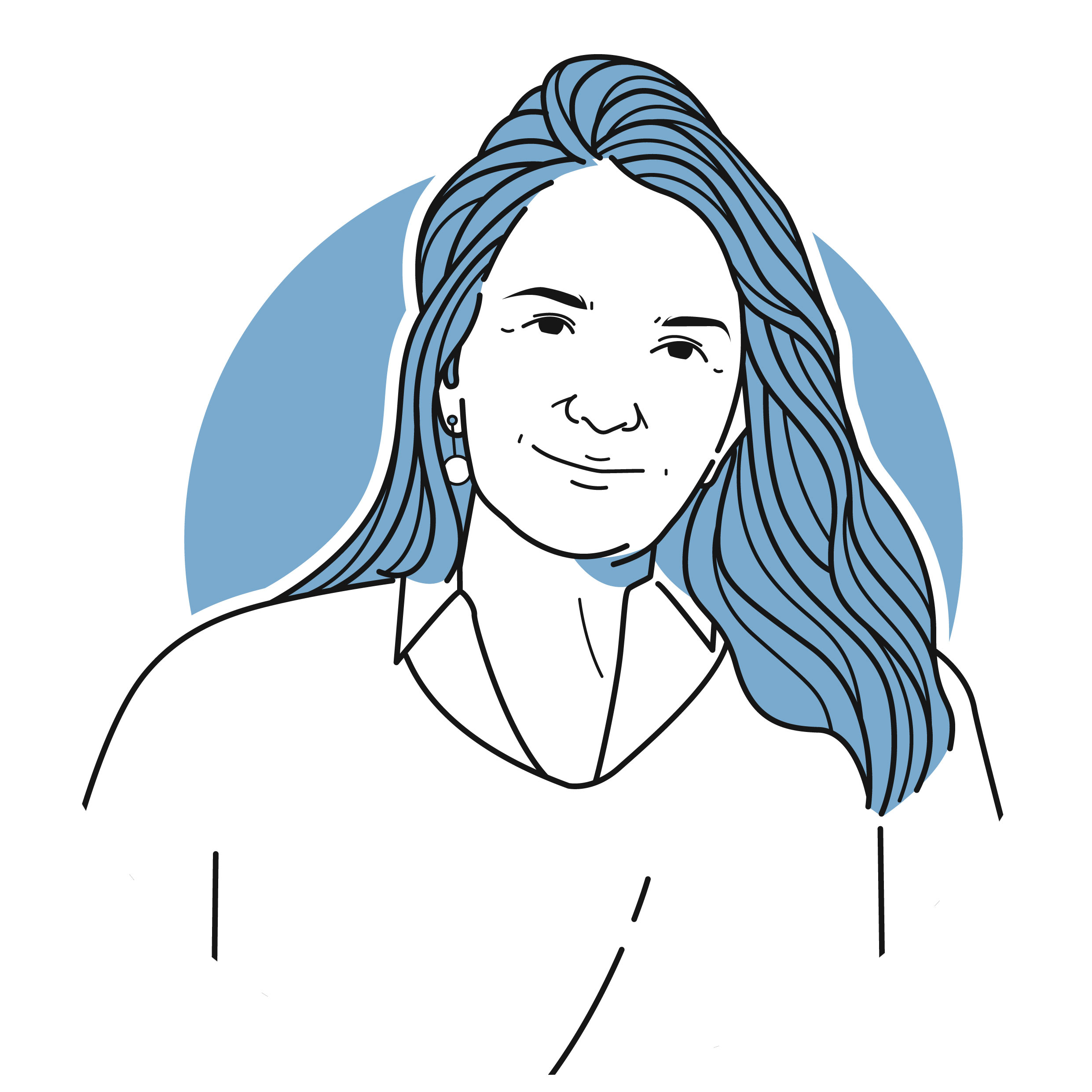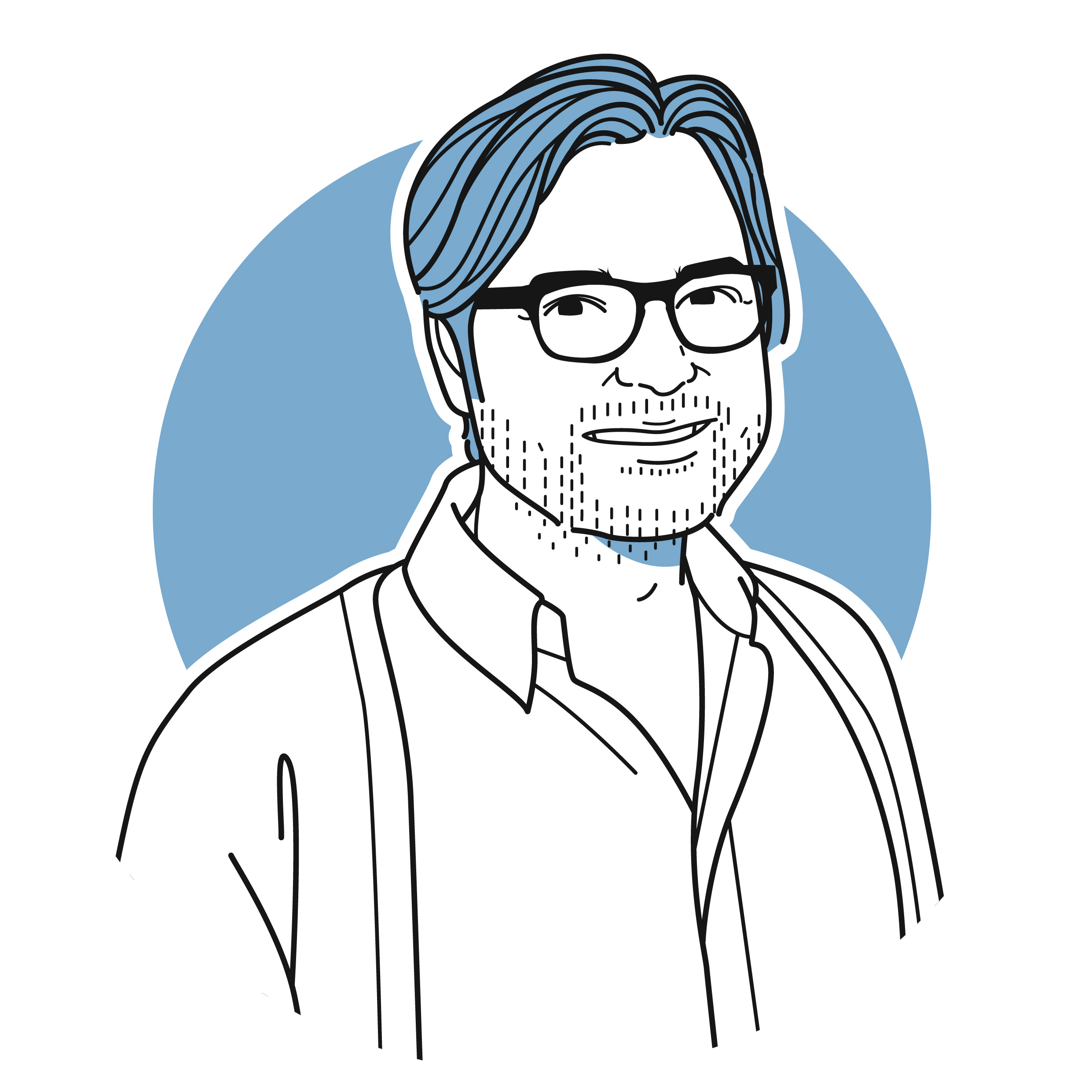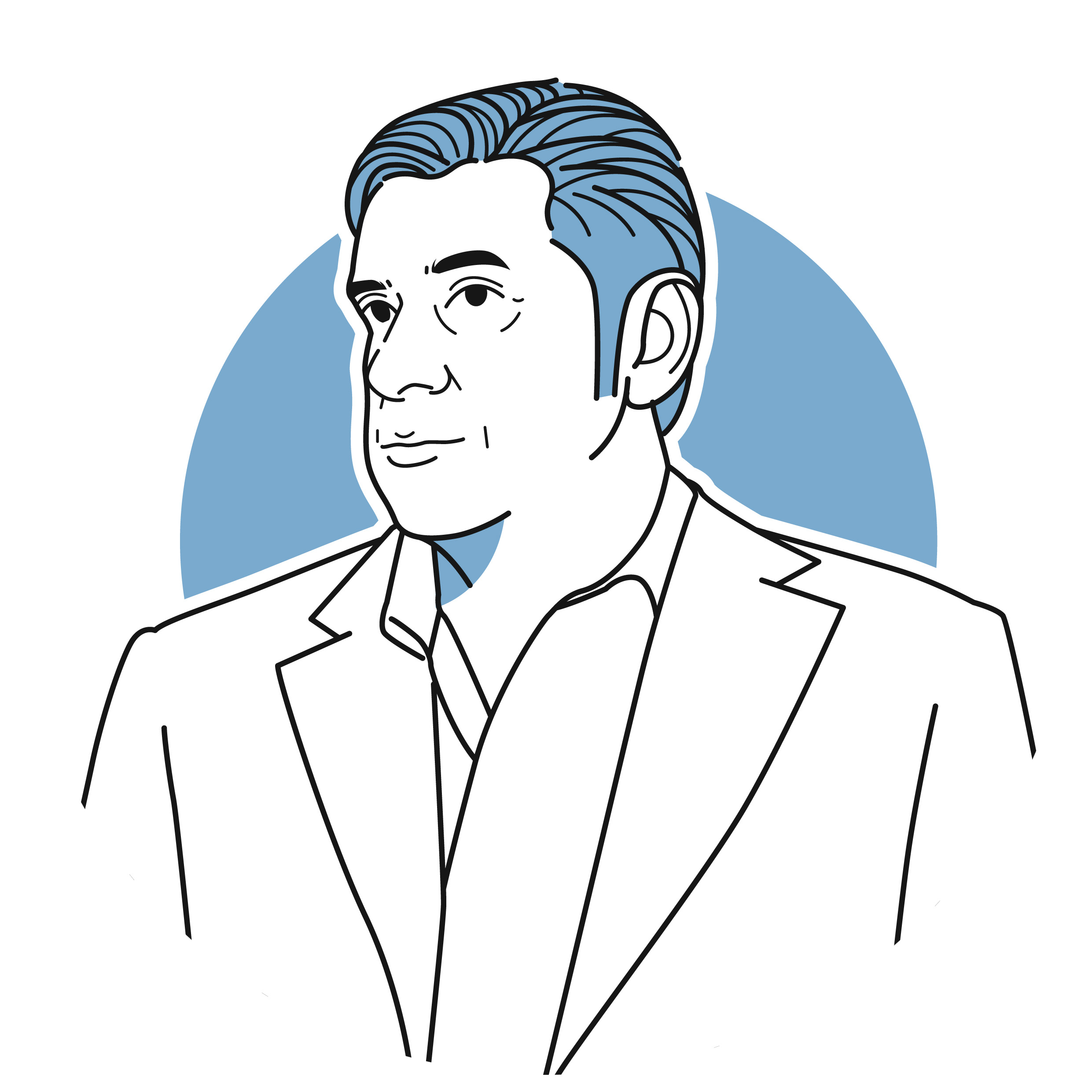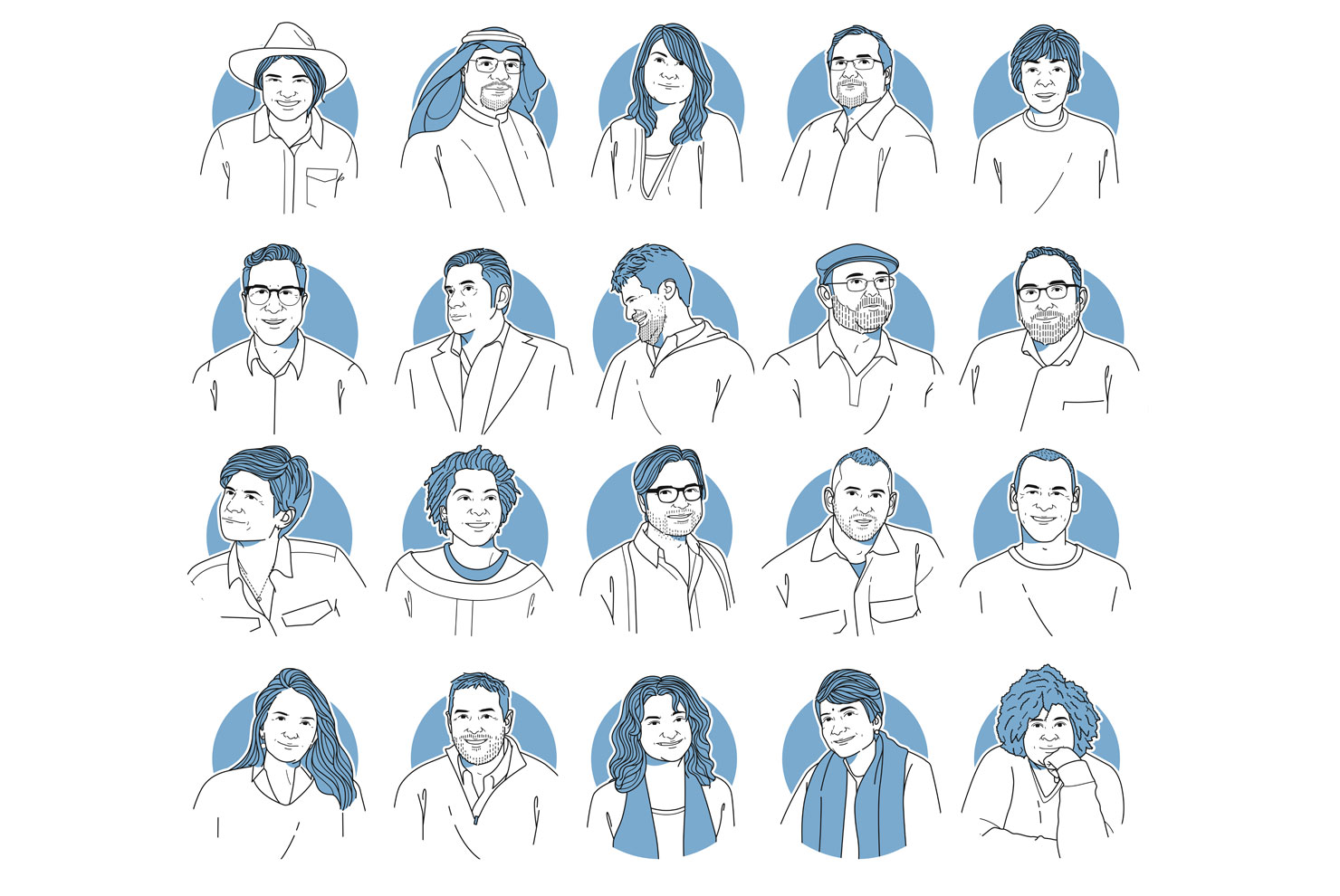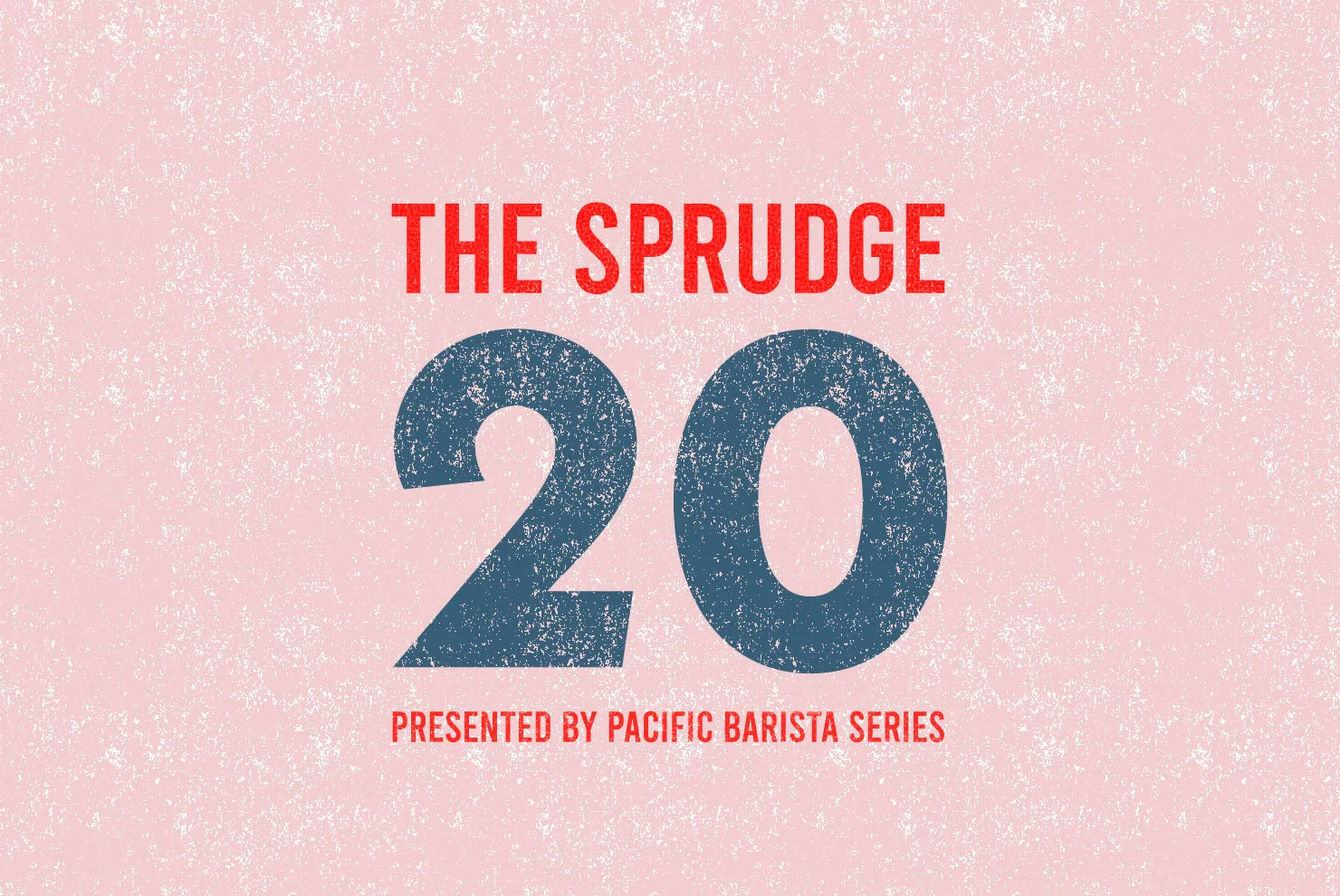Welcome to The Sprudge Twenty Interviews presented by Pacific Barista Series. For a complete list of 2024 Sprudge Twenty honorees, please visit sprudge.com/twenty.
Andrew Miller founded Cafe Imports in 1993 with a simple yet novel idea of paying farmers more and telling their stories to roasters who at the time had very limited traceability and ability to have real farm-level impact.
Today our industry is shaped in large part to his vision nearly 30 years ago. Andrew is one of the kindest and most impactful mentors to me in coffee and is well-deserving of this nomination.
Nominated by Noah Namowicz.
How many years total have you worked in the coffee industry?
30-ish.
What is your current role in coffee?
I am currently the Founder and President of Cafe Imports; I work mainly with the Management Team these days.
What was your first coffee job?
My first coffee job was as a wait assistant at a fancy Italian restaurant in Minneapolis in the mid 80s. We were glorified bus people in white coats and bow ties responsible for the people at the table which included coffee service which was mostly off a four-group Lavazza—Cappuccino, Espresso, Macchiato, half-caf, decaf Cap, Mocha, decaf Espresso, etc. all night long. We had very little training and no information about the coffee or coffee in general.
Did you experience a life-changing moment of coffee revelation early in your career?
I did. When I first went to a coffee town in Brazil in 1994, and visited coffee farmers. I grew up in a blue-collar community south of Des Moines, but I spent summers and weekends working on a farm in rural Iowa. We raised cattle, corn, soybeans, horses etc.
What was most remarkable for me was how the plight of the farmers in Brazil was so like that of small rural farmers in the Midwest. Weather, prices, the government, and yields were the topics of conversation but the day to was around fixing broken machinery and managing animals and people to get the work done. Farmers had the same weathered faces with seed company caps and the big gnarly-fingered hands of a farmer. They were happy outside with their fields and animals and they welcomed us into their homes, and I felt like I knew them. They seemed the same in so many ways as the people I grew up with, just thousands of miles away and in a different language and socioeconomic class (farmers in Iowa had pretty nice trucks the 90s).
What facet of the coffee industry has changed the most during your career?
Quality. From origin practices to roasting science to preparation styles, coffee can be remarkable today. When we started there were some regional specifications like Tarrazu and Antigua but otherwise the classifications were from the commercial industry, like SHB, EP and AA. Today you can intimately know the producer, their farm, the variety of tree and the specifics of processing and the science behind it. The efforts of ACE to discover quality and increase price potential coupled with the efforts of SCA to educate coffee people has improved the potential for delicious coffee immensely in the last 20 years.
Is there a person or persons who served as your mentor early in your coffee career? How did they impact you?
I didn’t really have a mentor per se but we were also creating something new. I did though have some special partners on both sides of the coffee world.
From the origin side, the fine people at ACE; George Howell, Susy Spindler, Paul and Silvio Leite to name a few. The work they were doing was inspirational, they taught us to search deep and hard for quality and to pay well for it.
On the consumption side of it the SCAA was doing really good work in the late 90s and I started volunteering on the Education Team with Ric Rhineheart and Ellie Hudson teaching cupping classes, Crop to Cup, roasting, grinding etc. One summer we did a traveling road show across the Midwest, from MPLS to Philly, Cleveland, and New York. They were a team of passionate professionals willing to volunteer their time and talents to an industry that they cared deeply about. The classes were full of young coffee nerds, and it dawned on me how new this segment of the industry was and how hungry it was for information. Education became a core tenet of our business.
What still surprises you today about coffee, or gives you joy?
It gives me joy to hear about young people’s trips to origin. To hear how wonderful the experience was, and how impactful it was for them to meet the people who grow their coffee, and to see the beauty of a coffee farm and the complexity it takes to produce great coffee.
What’s something about the coffee industry you’d most like to see change?
The disparity between the lives of most coffee producers/workers and coffee consumers in first world countries. In my thirty years of coffee work I have seen it improve in some places but not nearly as much as it could or should.
What is your most cherished coffee memory?
One of my favorite places to visit in Colombia is San Agustin in the south of Huila, where for years we were buying coffee from an association called Los Naranjos, maybe 30 producing families. I would visit there a few times a year to meet with farmers, cup coffee, visit their farms etc. and we encouraged them to learn to cup and to separate the coffee they thought was special and we would pay a big premium for it. They always wanted more money and we always wanted better quality so, win-win. We became friends.
In 2011, I was on the International Jury for COE in Colombia and at the end of a grueling week, the producer who took first place was from Los Naranjos, Arnulfo Leguizamo. He often produced remarkable quality coffee with flavors of panela and essence of orange and was a character with a big hat, traditional poncho and a big handlebar mustache. He was from a cooperative that we had been working with and visiting a few times a year for ten years, so when he won, I had to buy his coffee, even at $41.00, we had to support them even if we lost money. After the auction, we went to visit and celebrate with Arnulfo and the members of Los Naranjos. We told him that we wanted to buy his coffee forever at a very high price and he agreed. I asked him if he wanted to sign a contract and he said, “See this mustache? I am a serious man!”
We are still buying his coffee today.
Do you make coffee at home? If so, tell us how you brew!
These days I’m rockin’ the Technivorm Moccamaster with a Baratza Virtuoso in a supporting role. If I have a coffee that I really want to get to know I shut the basket and let the grounds fill up with water then break the crust with a spoon, take a few sniffs then open the basket and let it ride.
What is your favorite song/music to brew coffee to?
Lately I am listening to a Minnesota band called “Them Coulee Boys” who are from the Coulee region of Minnesota, down south on the north shore of the Mississippi, and they play Bluegrass/Americana/Stomp Grass with a lot of gusto. I saw them live recently and he talked to the audience about mental illness and how insidious it is and how important it is to be aware and reach out if you know someone, like someone did for him. It was really brave and inspirational and the music rocks. “I Won’t Be Defined” is my current favorite jam.
What is your idea of coffee happiness?
When I was working in Colombia, I traveled there maybe 6 times a year and often took roaster clients along to cup coffee and visit farms. Every once in a while, we would visit the Los Naranjos Association of producers in San Agustin which is a magical place in Southern Colombia, and we would have a “Cabalgata”, which is a day spent on horses with farmers riding through the hills visiting their farms. There would be music and food and a little aguardiente but the power of having a roaster meet the farmer and his family that grows the coffee that they roast was pretty cool. As was the farmer being able to meet the roaster that buys and serves his coffee. Riding through the hills in the sun with the smell of coffee trees and oranges in the air and chickens crowing in distance, that made me happy.
If you could drink coffee with anyone, living or dead, who would it be and why?
I’m going to say Teddy Roosevelt; the “ornithologist” Teddy, because he is known for many things, but “Conservation” is my favorite.
It surprises me that he felt a need to set aside national land in the early 1900s in the United States and I would love to hear about his inspiration and motivation.
I would also love to prepare him a cup of a fully washed Pink Bourbon from Colombia.
What’s one piece of advice you would give someone getting their start in the coffee industry today?
The advice I would give to someone new to coffee is to make it a goal to visit to a producing country as soon as possible; to start with the farm level to learn a sense of the size of this industry, see the lives of the people at coffees starting point and the millions of lives it impacts as well as the environmental footprint.
Thank you.
The Sprudge Twenty Interview series is presented by Pacific Barista Series. For a complete list of 2024 Sprudge Twenty honorees and interviews, please visit sprudge.com/twenty.




